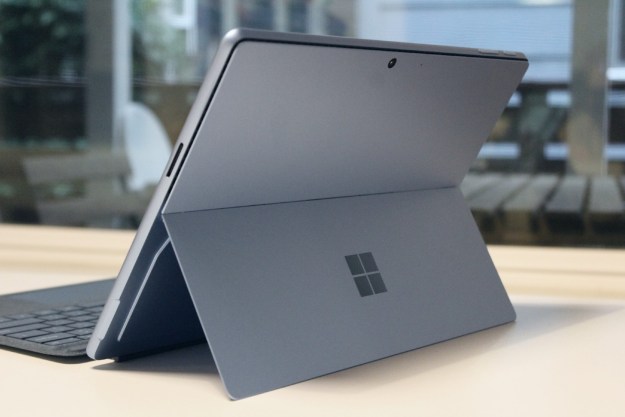
Chrome apps are basically apps that run within Google’s Chrome web browser, and some look and act like stand-alone apps. There are a number of apps available, including the likes of Hangouts, Google Keep, an so on. Chrome needs to be running and open in order for these apps to work, even if they seem like standard apps.
Google’s decision comes as part of an effort to make Chrome a little simpler. For example, Google removed the app launcher, which allowed users to access Chrome apps, from Chrome in the past few months. Before that, in December 2015, Google removed the notification center from Chrome. Of course, this decision doesn’t mean that Google will get rid of apps on Chrome OS — those will stick around, at least for now.
The apps won’t disappear immediately. Google has a plan to get rid of the apps over the next two years. Here’s the timeline for Google Chrome apps:
- End of 2016: Apps that are newly published won’t be available to Chrome users on Windows, Mac, or Linux. Those apps will only appear for Chrome OS users.
- Late 2017: Chrome Web Store won’t show Chrome apps for Windows, Mac, or Linux.
- Early 2018: Chrome apps will stop working on Windows, Mac, and Linux.
Google will also give the Chrome Web Store a makeover to emphasis themes and extensions instead of Chrome apps.
There are a few reasons the move makes sense. Not only did few people use Chrome apps, but web apps themselves have been getting more popular, too, essentially eliminating the need for apps that run within the Chrome web browser. That’s partly why the process is taking so long — according to a report from VentureBeat, Google wants to ensure that much of the functionality found in Chrome apps is available through web apps first.
Editors' Recommendations
- How to change the default apps on a Mac
- Google Messages vs. Samsung Messages: Which app should you use?
- The 1Password Android app just got a huge upgrade
- Google may build Gemini AI directly into Chrome
- 7 beloved Windows apps that Microsoft has killed over the years


